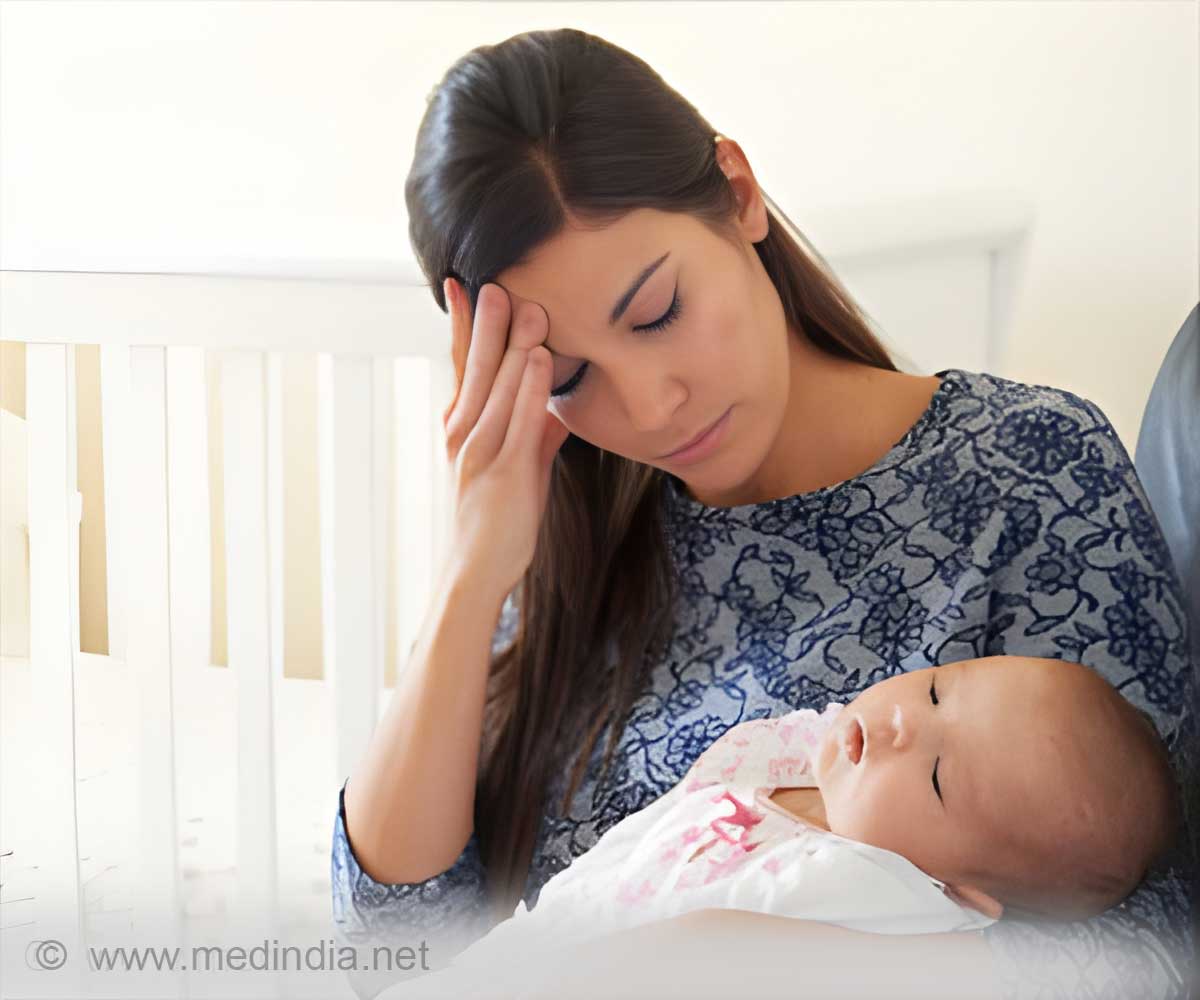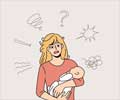Around forty percent of the women who suffer a psychosis after giving birth, known as postpartum psychosis, do not subsequently become ill again, reports a new study.

‘More than 40 percent of women were classified as having "isolated postpartum psychosis," which could be deemed a distinct diagnostic category with a more favorable prognosis.
’
Read More..




The researchers refer to these cases as isolated postpartum psychoses.
The new study is based on a systematic literature review and a meta-analysis of published articles within the field. Read More..
Good news for these women
According to Trine Munk-Olsen, women with isolated postpartum psychosis could probably do without treatment for psychiatric disorders - though, of course, with the exception of the period immediately after childbirth.
"The results are also particularly interesting for psychiatrists who are planning the treatment of women with postpartum psychosis, once the acute phase of the disorder is over. This is when decisions about more long-term treatment must be made, and if we're able to identify the women who have an isolated postpartum psychosis, it's possible that these women will be able to discontinue medicinal treatment," she says.
The researcher would like to follow up the study by identifying specific genetic characteristics for isolated postpartum psychosis.
Advertisement
Source-Eurekalert












